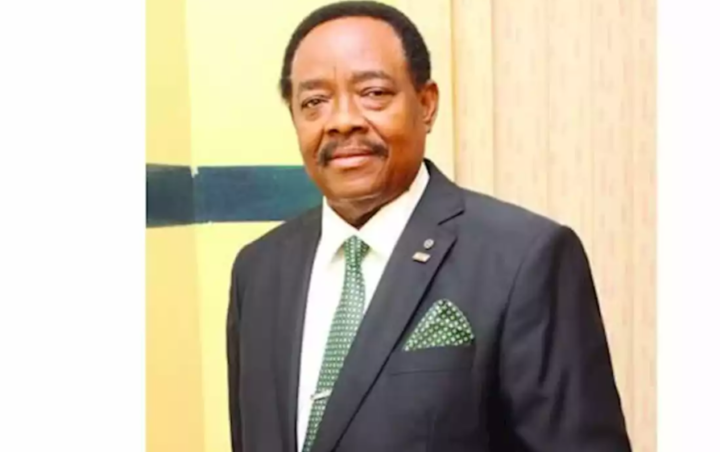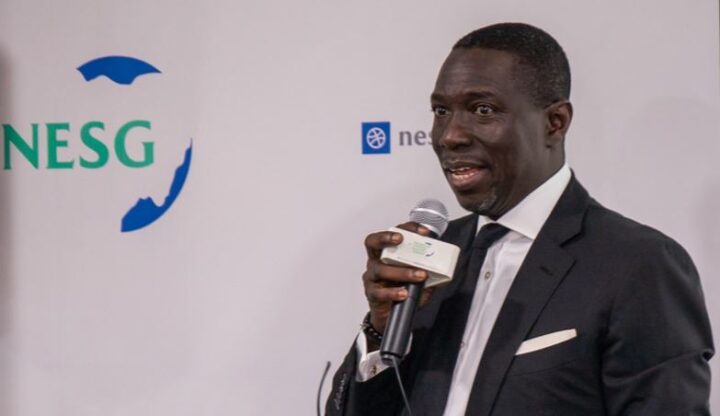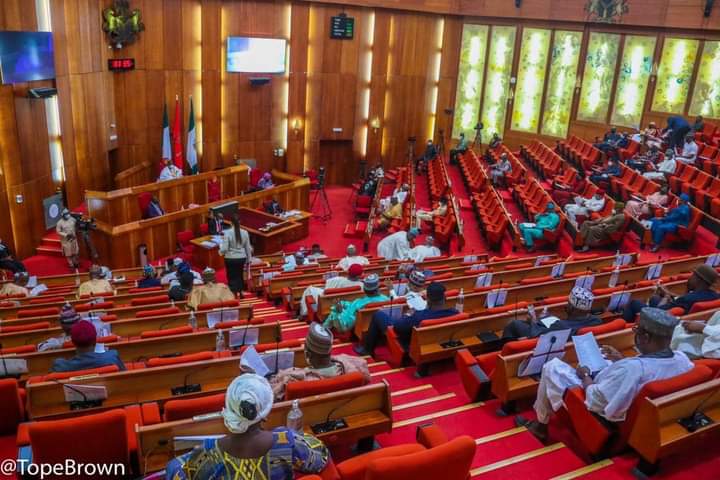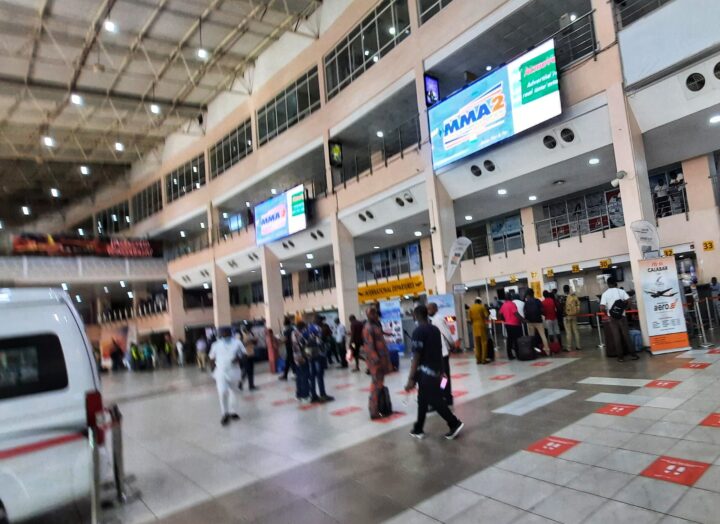The Lagos Chamber of Commerce and Industry (LCCI) has called on the federal government to rethink sources of debts, adding that the country’s debt portfolio is disturbing.
Michael Olawale-Cole, president, LCCI, said this in a statement on Monday.
Olawale-Cole said the country’s debt was becoming increasingly problematic in the face of dropping revenue and the unsustainable burden of subsidy payments.
In its 2022 fiscal performance report, the cost of servicing debt surpassed revenue by N310 billion in the first four months.
Advertisement
He said this record shows that “Nigeria was going through a debt crisis”.
He further said the aggregate expenditure for 2022 was estimated at N17.32 trillion; at the end of April, a revenue of N5.77 trillion was expected but only N1.63 trillion was realised as the government’s retained revenue.
Olawale-Cole added that within the same period, the government’s actual spending stood at N4.72 trillion; N1.94 trillion on debt servicing, and N1.26 trillion on personnel costs, leaving only N773.63 billion for capital expenditure.
Advertisement
He also said that the country’s total public debt stock rose from N39.56 trillion in December 2021 to N41.60 trillion by the end of the second quarter of 2022, as revealed by the Debt Management Office (DMO).
The LCCI president added that the developments were disturbing and debt servicing alone was higher than actual retained revenue in the first four months of this year.
“There are already concerns that most, if not all, of the assumptions in the Medium-Term Expenditure Framework (MTEF) 2023-2025 will be missed as we continue to experience unprecedented levels of disruptions to supply chains and agricultural production,” he said.
“The 2022 budget assumptions have already fallen short in terms of inflation, exchange rate, and GDP growth rate, and all of these assumptions have become inadequate.
Advertisement
“Nigeria’s debt-to-GDP ratio now stands at 23.27 percent as against 22.43 percent on December 31, 2021.
“On the path of caution, we urge the federal government to discontinue this unsustainable pattern.”
He further said the level of insecurity in the country had prompted increased spending on defence and security.
According to him, the deteriorating security situation in the country had also battered investors’ confidence and affected foreign exchange inflows into Nigeria.
Advertisement
“Nigeria is the only major oil exporter that hasn’t benefited from the windfall of higher global oil prices,” he added.
“The International Monetary Fund (IMF) has warned that debt servicing may gulp 100 percent of the federal government’s revenue by 2026 if the government fails to implement adequate measures to improve revenue generation.
Advertisement
“In the face of rising debt servicing costs accompanied by a dwindling revenue, the provision of critical infrastructure and amenities like healthcare services, education, power, roads, and security will be hard hit as funding shrinks.”
He also pointed out the N250 billion Sukuk listed by the Debt Management Office (DMO) as an alternative financing source to bridge the infrastructure gap in the country.
Advertisement
He added that the issuance and subsequent listing of the Sovereign Sukuk on the NGX platform aligned with the chamber’s persistent call for cheaper government financing away from debts by leveraging innovative and cost-effective revenue sources.
He added that it was also imperative that more spending was needed in supporting productive infrastructure instead of spending borrowed money on subsidising consumption.
Advertisement
“Government must rethink its sourcing of debts and spending of borrowed funds,” he added.
Add a comment






